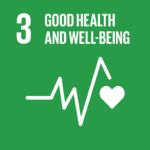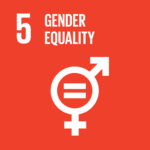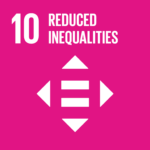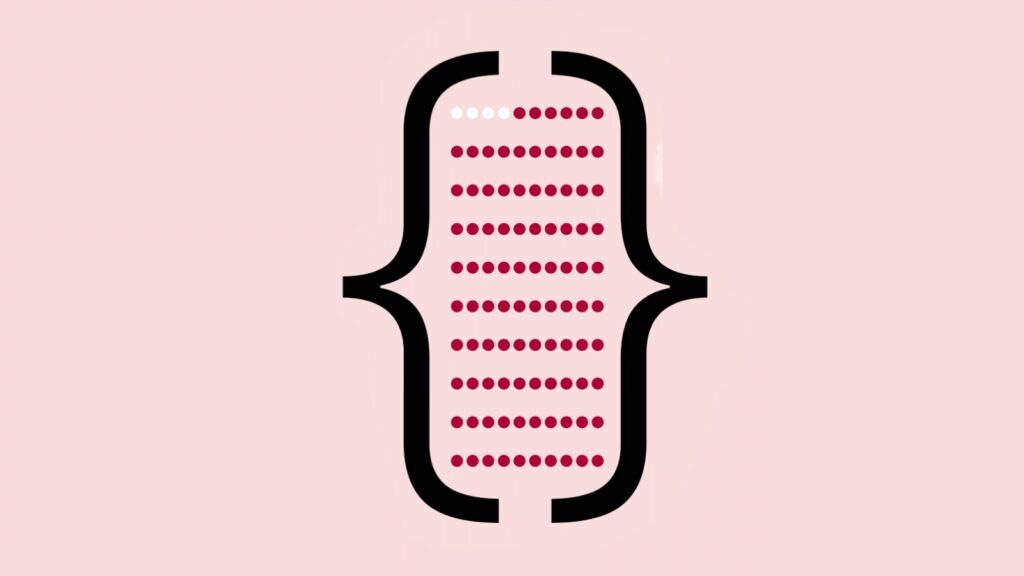Menstrual matters : Scotland just shoed how east it is to end ‘period poverty’.
Menstruation is still globally stigmatized and, in some cultures, outright taboo. At best, sanitary products are still prohibitively expensive for many (we talk about ‘period poverty’), widening the equality gap (between genders, but also between women of different economic backgrounds).
Period poverty, the inability to access menstrual products, is a silent but real and distressing issue for many menstruators (yes, not only women and girls but basically people who menstruate/have periods).
RELEVANT SUSTAINABLE GOALS



Scotland has become the first country in the world to legally enshrine the right to free period products. The Period Products Act, which went into effect today after being unanimously approved by Scotland’s parliament in 2020, requires local governments and educational institutions to provide products to anyone in need.
Start With Using A Inclusive terms For All Our Period Conversation
As we unlearn more about patriarchy and cisnormativity, we need to understand everything we know about menstruation. Starting from the beginning, gender does not equal sex, and sex does not equal gender. It is a gross simplification to reduce ‘womanhood’ to a biological process such as menstruation, because there are women who do not menstruate, as well as menstruators. Menstruators is a more appropriate term for our discussions about menstruation.
The Financial Impact Of Having Period
The average menstruator has a twenty- to thirty-year period from the beginning of menstruation to menopause. This equates to approximately 360 periods or more throughout a person’s life. That’s thirty years of purchasing sanitary products and pain relievers. Thirty years of planning major events such as weddings and vacations based on the arrival of your period. Thirty years of clothing protection. Thirty years of birth control and fertility management.
A menstruator spends nearly $18,000 on average for their periods, excluding medical care. A pink tax is prohibitively expensive, particularly for lower-income, disadvantaged people. Spending $3 for a disposable pads or a box of tampons might not seem like a lot. But for many low-income people, it is a hardship.
Equality and Equity Are Integral To Sustainability
We know that there is power in the pack, and when we work together, everyone benefits. As the United Nations Global Compact puts it: “Business cannot thrive unless people and planet are thriving.” All are linked and interdependent. When we advance women, we advance equality for all.
In order to solve the problem, we need to address it in a “dignified way” and approach this issue holistically through financial support, improved access to safer, more sustainable products, and improved infrastructure. This will prevent such basic needs from contributing to the gender gap.
What’s Next ? How You Can Help
Helping women and girls have easy and free access to period products is essential to self-esteem and health. Here are some things you can do to help:
- Advocate for your state or municipality to enact legislation to offer free products in schools and libraries.
- Write a letter to your state and federal legislators asking them to eliminate sales tax and other “pink taxes” that add to the price of these products.
- Donate pads (reusables pads are better), menstrual cups, tampons, or panty liners to your local homeless shelter, domestic violence agency, or family services agency.
- Educate younger generations, all genders, on period health and how to strategize for unexpected periods.
You may also be interested in :
Gender Tools For Understanding The Nexus Of Climate Change and Gender.
Lead image courtesy of chicagoideas.com.


